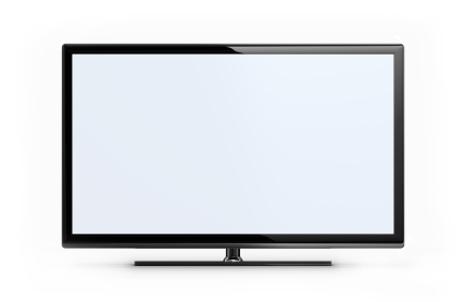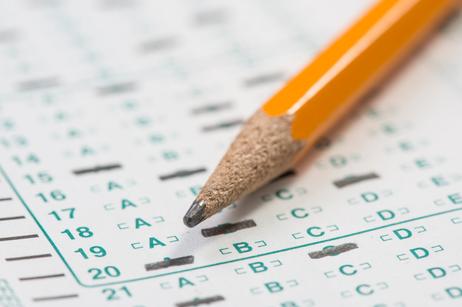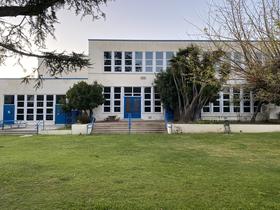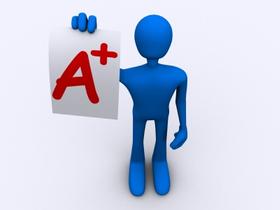The Seattle area is home to many fine private schools as well as to major companies such as Microsoft, Boeing and Starbucks.
- Annie Wright School, Tacoma
- Auburn Adventist Academy, Auburn
- The Bear Creek School, Redmond & Woodinville
- Bellevue Children's Academy, Bellevue
- Bellevue Montessori School, Bellevue
- Bertschi School, Seattle
- Bishop Blanchet High School, Seattle
- Billings Middle School, Seattle
- Brighton School, Lynnwood
- Brightwater School, Seattle
- The Bush School, Seattle
- Chrysalis School, Woodinville
- The Clearwater School, Seattle
- Concordia Lutheran School, Seattle
- Community Christian Academy, Lacey
- Eastside Catholic School, Sammamish
- Evergreen Academy, Bothell & Woodinville
- Forest Ridge School of the Sacred Heart, Bellevue
- Fremont Community School, Seattle
- The French American Immersion School of Washington, Bellevue
- French American School of Puget Sound, Mercer Island
- Holy Names Academy, Seattle
- Holy Rosary School, Seattle
- Hope Lutheran School
- Jewish Day School of Metropolitan Seattle
- Junior Junction School, Kent
- KapKa Cooperative School, Seattle
- King's Schools, Seattle
- Lakeside School, Seattle
- Life Christian School, Tacoma
- Matheia School, Seattle
- Montessori in Motion, Tacoma
- Northwest Yeshiva High School, Mercer Island
- The Open Window School, Seattle
- Our Lady of Gaudalupe School, Seattle
- The Overlake School, Redmond
- Providence Classical Christian School, Bellevue
- Puget Sound Community School, Seattle
- Saint Catherine School, Seattle
- Saint Alphonsus Parish School, Seattle
- Saint Charles Borromeo, Tacoma
- Saint George's Parish School, Seattle





































